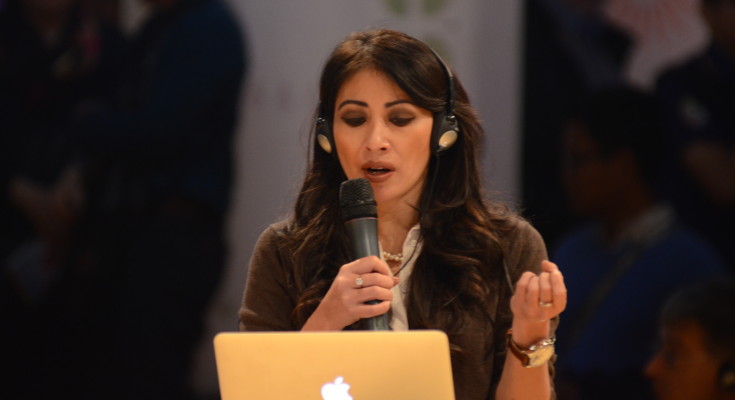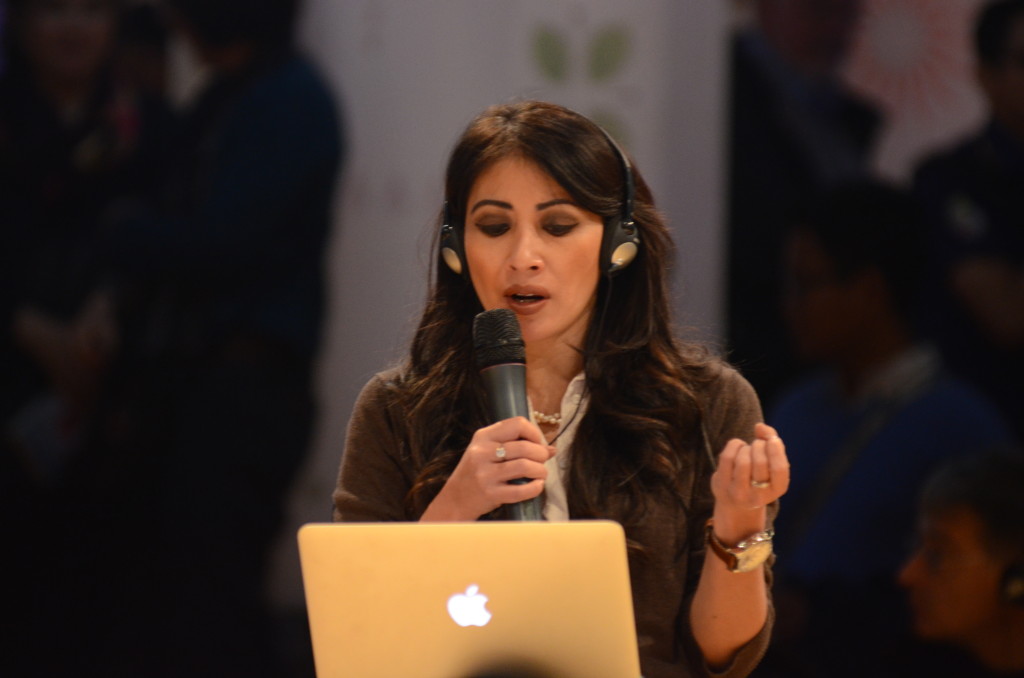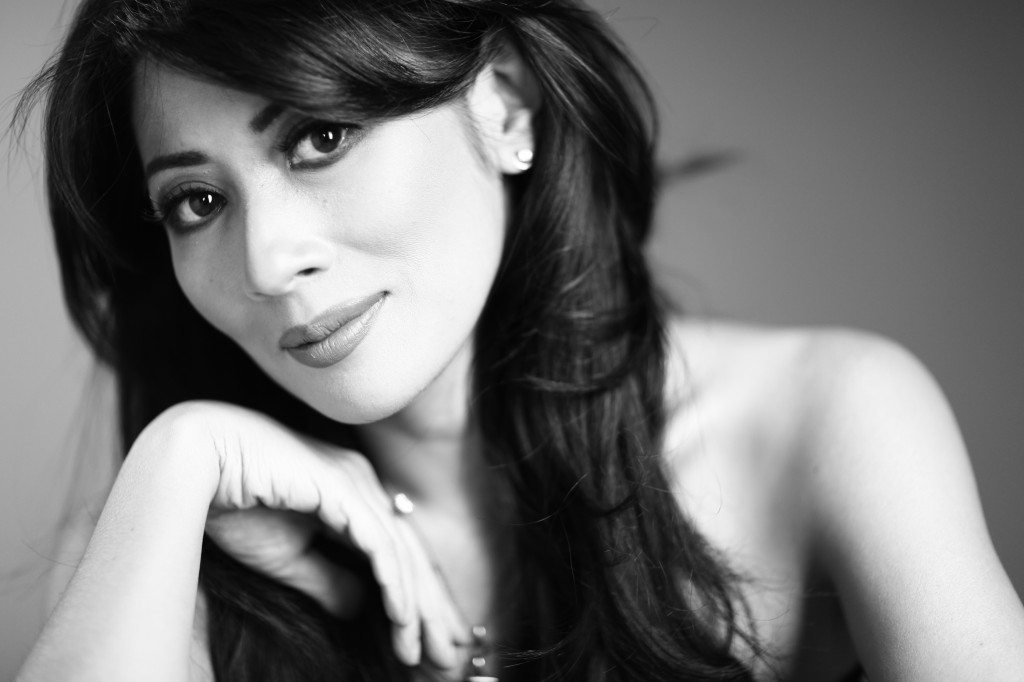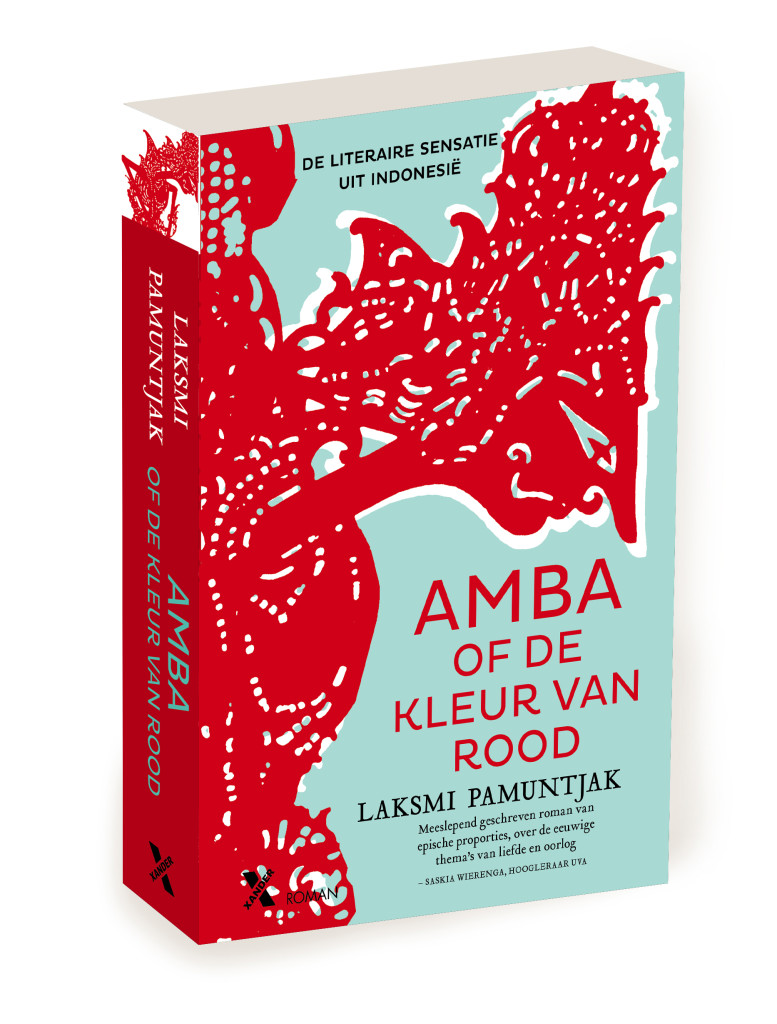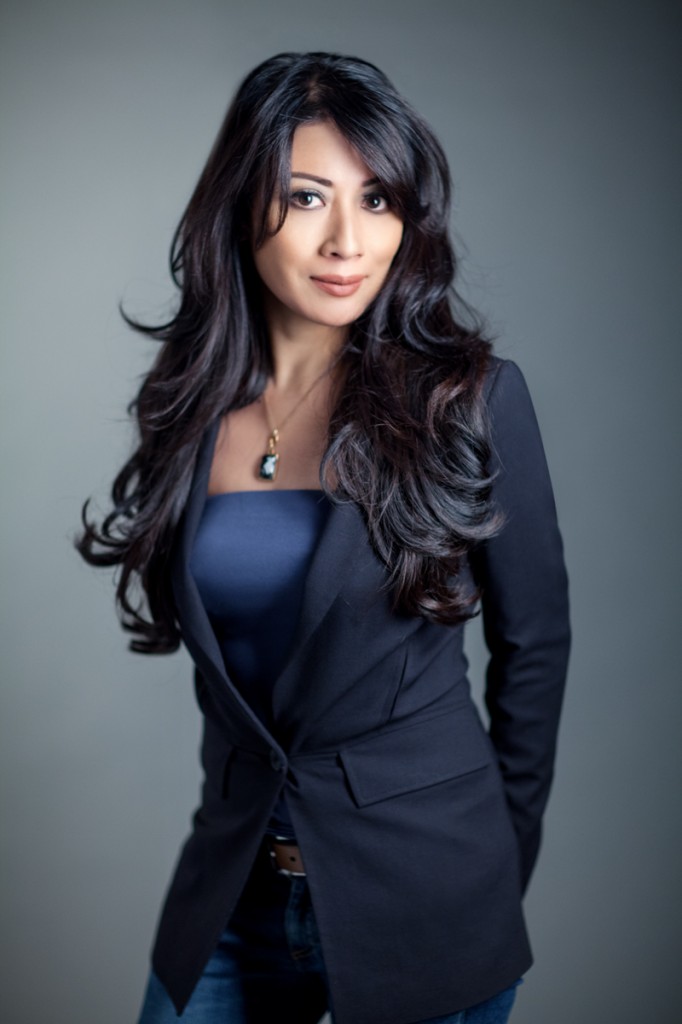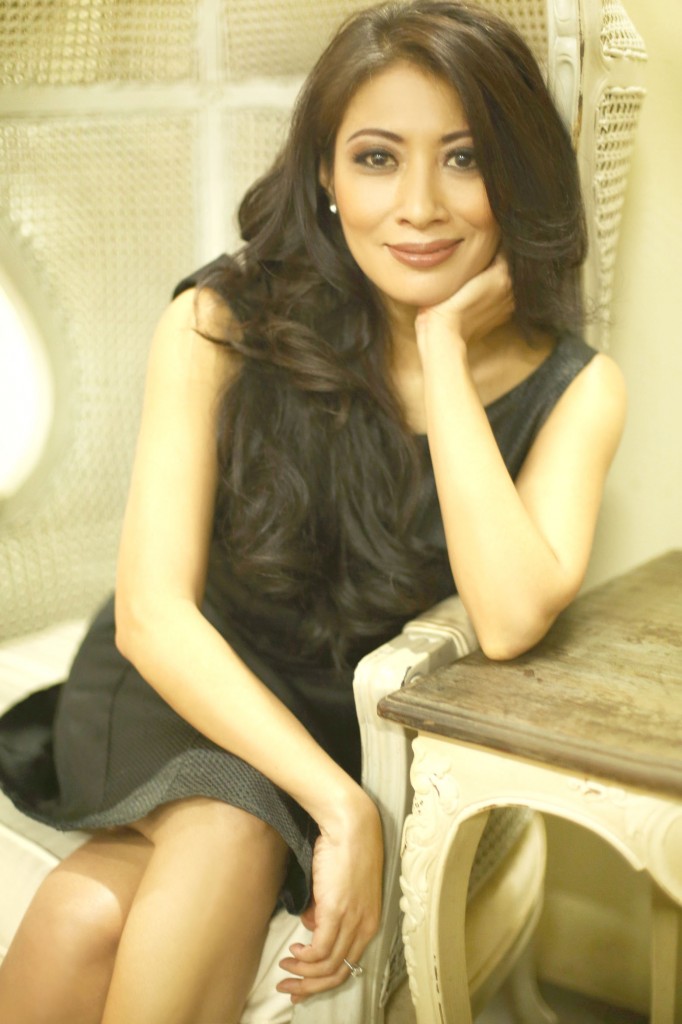by Kurt G. Huehn/images by Kurt G. Huehn, Jacky Suharto and Nicky Gunawan
Photo by Kurt G. Huehn
1. Your book and its topic attracted wide international interest this autumn. Was that a surprise for you? After all, the background of your novel is the Indonesia of the year 1965 with its massacres of more than 500 000 communists and detentions of their supporters and those who were suspected to be one of them.
Yes, in fact it was rather a surprise to me, especially the reception in Germany. Not only did the novel garner a great deal of media coverage, but it also made Number One on the Weltempfaenger (Receivers of the World) List of the best works of fiction from outside Germany; the Frankfurter Allgemeine Zeitung (FAZ)’s List of the Top 8 Most Important Novels of the Frankfurt Book Fair; De Bild’s List of 10 Best Books of The Frankfurt Book Fair, and the ORF Kultur’s List of Top 10 Books in November.
Photo by Jacky Suharto
Most important for me, however, was the very warm and enthusiastic German audience. Not only are they among the most cultured and sophisticated readers – and generous too – but everywhere I went to on my German book tour – be it Berlin, Hamburg, Duesseldorf, Goettingen, Bielefeld, Bonn, Erfurt, Heidelberg, Frankfurt, Bad Berleburg – I encountered nothing but genuine empathy and solidarity for Indonesians’ collective struggle to come to terms with our violent past as well as to render tangible justice for an untold many. It is as if two nations with little shared history need only to be enjoined by the experience of national trauma to be emotionally and spiritually at one.
Dutch version of the novel
2. The brilliant narrative story in the style of the philosophical epic of Mahabharata could suggest that the central theme of the novel between two individuals takes place in front of the conflict of two almost equipollent powers.
Ever since I was a child, I was exposed to wayang, the great Javanese shadow puppet tradition, and its live variety, the wayang orang. As I was growing up, my mother took me to wayang orang performances, and so I was naturally exposed to the great myths like the Mahabaratha. I am also, by nature, drawn to stories that somehow fall through the cracks, lesser known works, from not the big stories everyone knows.
The Amba and Bhisma story is quite significant in the Indonesian version of the Mahabharata but it isn’t like, well-known. And to me there is something so very sad about the idea of a fallen woman, and in this case Amba is like the definitive fallen woman—and one who is twice scorned at that!
Photo by Jacky Suharto
I guess I am always drawn to the interior of such difficult, unfortunate, marginalized or cast-off characters. I wanted to rewrite the Amba story by turning her into a spunky woman, someone who dares write her own story, subvert her own naming by living life by her own lights. In the same vein I want to imagine a Bhisma who is less heroic than the epic would have us see him, and a Salwa who is more noble than what the epic gave him credit for.
I suppose this leads, then, to why I have chosen to use mythology as a framework for my novel. I have always been drawn to mythology. Since I started writing poetry, I’ve worked a lot with references to mythology. I also wrote a mild philosophical intervention into the works of two women philosophers – Simone Weil and Rachel Bespaloff. They both wrote on the eve of the Second World War trying to explain why violence is so pervasive in mankind. Both women went back to the Iliad to explain these patterns of violence. This is very striking to me.
In the great myths everything is about doubts and ambiguities and inconsistencies, about characters who you know are flawed you can almost write their lines for them, about characters who have both man and woman in them, about characters who are never ‘just good’ or ‘just evil.’ So mythology has helped me sharpen my awareness of the grey zones of people’s lives, which leads me to a novel about a war within a family, about brothers who kill each other, without passing judgment on either side. I also find that transposing the myth onto an ‘imagined’ real life, as it were, provides much of the emotional arc of the story.
Having said that, the part about not passing judgment, I don’t mean that I am denying that a systematic, politically-charged pogrom of members of the Communist party and its affiliated organizations and sympathizers did take place. It is not to deny that up to 1 million Indonesians have been killed, and that the Suharto regime should be held responsible for what was perhaps one of the bloodiest Communist purges in the 20th century.
Photo by Nicky Gunawan
But often the effectiveness of a political project such as the Suharto regime relies on the way it feeds into human nature. Milan Kundera reminds us in The Art of the Novel that “Man desires a world where good and evil can be clearly distinguished, for he has an innate and irrepressible desire to judge before he understands. Religions and ideologies are founded on this desire.”
As I mentioned before, what is fantastic about The Mahabharata is that it accommodates all the grey zones; it doesn’t render the world in “black” and “white.” It provides opportunities for the writer to “body- forth” characters and give them an interior. And only when we accept ambiguity as the human condition are we more open to stories of ordinary people. Like other epics such as the Iliad, stories in the Mahabharata also highlight the ways in which human beings often attain their highest lucidity at the point of destruction. My ex-political prisoner friends told me of some extraordinary instances of empathy and compassion, of genuine friendship and forgiveness between the oppressor and the oppressed.
3. There’s currently an increasing discussion going on in Indonesia whether the situation in 1965 resulted from a ‘horizontal’ conflict of two controversial political groups of opponents or a ‘vertical’ conflict between global powers and the Indonesian people. How do you experience this discussion?
We know that no great historical struggle ever occurs in a vacuum, and that the seeds of discontent between the Left and the Right in Indonesia had been sown for decades prior to the tragedy. Prior to ‘1965,’ the Left, buttressed by the ascendancy of the Indonesian Communist Party, were persecuting the Right too. Land reform had been for a long time a major issue between Communists and Muslims, allied to the army. So if ‘1965’ has remained a divisive and polarizing issue for many Indonesians, and if many Indonesians at the time felt it really was a moment of national crisis in which the only option was to kill or to be killed, this is quite understandable.
And yet, as I said earlier, there is no denying that the genocide took place, and that the Suharto regime was responsible for it.
Anyway. When I set off writing my novel, I was less interested in the question of who the masterminds of the 30 September movement were or in condemning those responsible for the mass killings of 1965-66 as it was to make sense of my country’s history as seen through the memories of ordinary people, people who tend to be excluded from the “panoptic” view of history. And this includes those often ambiguous or conflicted about their political positions, as much as about those who had clear and categorical views on where they were on the political or ideological divide. Why? Because life is neither black nor white, “here” or “there.”
I wanted to make sense of how a tragedy of such scale and complexity did to people, how it affected their lives whether they were card-carrying Communists, mere sympathizers, those without any clear ideological or political stances, or those who happened to be at the wrong place at the wrong time, how they learned to live with defeat, incomprehension, loss, the need to resort to silence, and how, if anything, silence had changed them. Were friendships possible between the oppressor and the oppressed, was forgiveness possible?
Photo by Jacky Suharto
Another reason for writing this novel is because I went through school, in the 70s, with a very one-sided version of history and I recall being very disturbed by that. We were taught categorically—with no room for other interpretations—that all Communists were atheists and the enemy of the Indonesian state, that the Indonesian Communist Party was responsible for the killings of the generals on 1 October 1965, and that all communists were evil. What further disturbs me is that not only have we become so schooled in silence or “forgetting”, but also that new generations are wholly ignorant of that period of history. A survey published by the Jakarta Globe in 2009 showed that more than half of the respondents comprising university students in Jakarta had never even heard of the mass killings of 1965-1966. For me this is such a sad thing.
4. Do you think Western societies still need a greater awareness of their former political involvement in the tragic events in Indonesia in1965?
The world is so much more connected now, and truths are much easier to come by when you know where to look.
5. Is the Indonesian audience more open to look at these tragic events of their history rather in the form of a novel or would a historical recount have the same effect? Is there a wider acceptance of a novel?
I think it’s inevitable that we all try to do our own thing based on our professions. I never think writers of fiction necessarily have an edge over historians, or journalists, who each do their own thing in recounting or recording history within what is possible in their disciplines. And that all such efforts should take place simultaneously is even better, for each complements the other.
All I know is that when I set off to write my novel, I didn’t do so in order to “amend history,” because it isn’t the role of the novel to do so. Novels are written not to judge or punish. What they do, and often do well, is to tell stories anew. There is this beautiful quote by Novalis, “Novels arise from the shortcomings of history.”
6. What could be the reason that especially female authors take up this sensitive subject in their oeuvre? Are they more courageous?
I think it’s purely an accident of history. Women are not more courageous than men, but they have had to face more challenges on many more levels of life in a patriarchal society, so perhaps they feel that once freedom is given them, they have nothing to lose – and their perspective is broader.
And, in Indonesia, you will be surprised that women are always so PRESENT in public life. Whether as the motor, the thinker, the conceptor, the people behind the scenes, they are to be found in almost every cause and grievance undertaken by civil society: whether it be corruption, inter-ethnic violence, religious intolerance, the unsolved murder of certain activists, the death penalty, discrimination against women, abuse of power, you name it.
7. Would you dare to predict or comment on the future handling of freedom of speech in Indonesia after the ban of all 1965 related subjects during the Ubud writers and readers festival?
First of all, let me say this: It’s a shame that the Ubud Writers and Readers Festival (UWRF) did not defend its freedom of programming. They should have, because standing their ground would have meant fighting to preserve the democratic space opened up since the fall of the Suharto regime. We all need to resist and speak out against efforts to suppress freedom of expression in Indonesia, especially as social media and growing transnational activism on ‘1965’ have made it impossible for the current regime to bury the issue as the Suharto regime did.
As for my prediction: hard to say. The main problem with Indonesia is whenever you think one thing, something happens which offsets your earlier reading of the situation. Until last month — until the 50th anniversary of the Indonesian 1965 genocide, that is – my essential reading of where we were at in our struggle against forgetting was a positive and hopeful one, despite President Joko Widodo’s refusal to apologise to 1965 victims, which was somehow expected.
I was very much hopeful of the work of the International People’s Tribunal of 1965 Crimes Against Humanity taking place soon in The Hague between 10 and 13 November, even if they will be limited in their scope, lacking the legal punitive power to drag alleged perpetrators to court and charge them accordingly but armed instead with the moral power to come up with findings that would constitute the basis for future policy making on 1965. I was very much hopeful even if we knew they would not solve much, or come up with all the answers they are seeking, given the opposition they are facing from factions within and outside the government with prevailing links to the Suharto regime; I was very much hopeful even if I knew that the real work of truth and reconciliation still falls on the shoulder of civil society: those tasks of producing and disseminating a revisionist history at school, of finding tangible ways of compensating victims and families of victims, of empowering victims to speak out, of revealing abuses by setting up truth seeking commissions…
Up until a month ago, I was always proud of the gains we have made in the past 17 years since the fall of Suharto. I was proud of the measure we have enjoyed of hard-earned freedom from fear, censorship, and from restrictions to creativity. I was proud of the consistent quest for alternative readings and histories, not just about 1965, but also other dark periods of our history, bringing with them new ways of seeing and thinking about the world. I was proud of the fact that the infrastructure of freedom so long devalued – bookstores, publishing houses, the press – had the courage to stand up for themselves and give people their voices back.
Up until a month ago, I still tended to look on the 17 years of political and cultural renaissance as a triumph of the collective memory. Or, rather, the failure of Fascism’s central conceit: that domination does not breed resistance to itself.
However, if in the past month I was tentative in my public discussion of the festival censorship – stopping short, in other words, of saying that there is a rise of neo-anti-Communism in Indonesia – it has become harder to do so now. Similar incidents that have occurred within a few days of each other are equally disheartening and smack too much of the old tropes of official neurosis: taken together, they suggest an eerie revival of the Suharto era.
Take the case of Tom Iljas, a 77-year-old former political exile in Sweden. He was arbitrarily arrested and deported earlier this month for visiting a mass grave of 1965 victims in West Sumatra, in search of the final resting place of his father.
The irony of having been barred from coming home 50 years ago, only to be banished once more in so-called peaceful times, tests the limits of humiliation. In a statement, Iljas and his supporters said: “[J]ust to look at the mass graves of family members we still get terror and intimidation … We recognise that what is happening is the result of efforts for reconciliation and the fulfilment of the rights of victims.”
Even by the standards of post-totalitarian nations, with their lingering paranoia and tendency to be consecrated to the memory of official ideology and legitimacy of power, this incident was quite stunning in its audacity. It was utterly lacking in substance – legal, moral or otherwise.
The other case, no less Suharto-esque, concerns the confiscation and burning of the Satya Wacana University student magazine Lentera’s special 10 October edition, which explored the 1965 purges in Salatiga.
This incident reminded me of the second half of the 80s and the first half of the 90s, when you couldn’t count the number of student arrests for producing and distributing “subversive” material. The normalisation of campus life (Normalisasi Kehidupan Kampus) decree of April 1978 and coordinating body for student affairs (Badan Koordinasi Kampus) formed the NKK/BKK policy that forced Indonesia’s system of higher education to its knees. That acronym became shorthand for the death of universities and the death of thinking in Suharto’s Indonesia.
Indeed, there appeared a darker, older supervising power that has kept this trend towards growing state intimidation and censorship under surveillance all along, and the realisation that this was the case hit me quite hard.
However, to say Communism is an empty threat, given Suharto made sure that nothing was left of Communism in Indonesia, is of course to miss the point. Anti-Communist propaganda has worked before as a legitimising basis of power and control, and a variation on it will work again, given how deeply conditioned a large majority of Indonesians still are by the old regime’s official history.
What we are witnessing is not the rise of neo-anti-Communism per se, even if it seems that way on the surface; instead, anti-Communism is merely a pretext for state terrorism and heightened control in the larger, and a more concerning scheme of a re-militarisation of government, or an increasing move towards a ‘police state.’
To many seasoned analysts of Indonesian politics, this volte-face might come as no surprise. Yet the hard-earnedness of reformasi – the period of democratic transition that followed Suharto’s reign – may have imprinted a certain intractability upon those who had fought for it, if not a downright refusal to accept the possibility of a regression of any kind.
Still. There is no denying the telltale signs. The return to anti-Communism rhetoric as a pretext for state intimidation. The return to the culture of fear when there is nothing to fear of except for the healthy probings of historical inquiry that are essential to a nation’s healing.
But this does not mean we should lose hope. We have always known how to fight back.
8. Germany bears the historical responsibility for the murder of 6 Mio Jews. Could Indonesia be encouraged to learn from to the official German handling of this dark chapter of their past?
Oh, yes. I think the German collective guilt has made them not just more sensitive to human suffering and the idea of justice, as they have shown in their generosity in the current refugee situation. Of course, there are always exceptions, such as the PEGIDA, but the point is the nation bears historical responsibility over the extermination of 6 million Jews during the Second World War. You could see this attitude in the sheer public outrage over writer Akif Pirrinci’s scandalous and unconscionable statement regarding the concentration camps at a recent PEGIDA rally in Dresden.
9. Have the reactions of the Indonesian readers of your book Amba – The Question of Red had any influence on your everyday life and your perception of Indonesia?
Yes, for the most part it has reaffirmed my faith in the spirit, resilience and openness of the Indonesian people. And the fact that the people have been buying my novel are mostly young people, university students, has made me even more hopeful. I think in its own small way it has. The fact is that it’s selling well, and of my readers who have written me or approached me regarding the novel, they are mostly young people, university students…
As to whether the novel has changed their thinking, I really can’t judge. I think literature doesn’t change the world. But it does have the capacity to change people, and if I have reached one, two, five people, nothing will make me happier.

